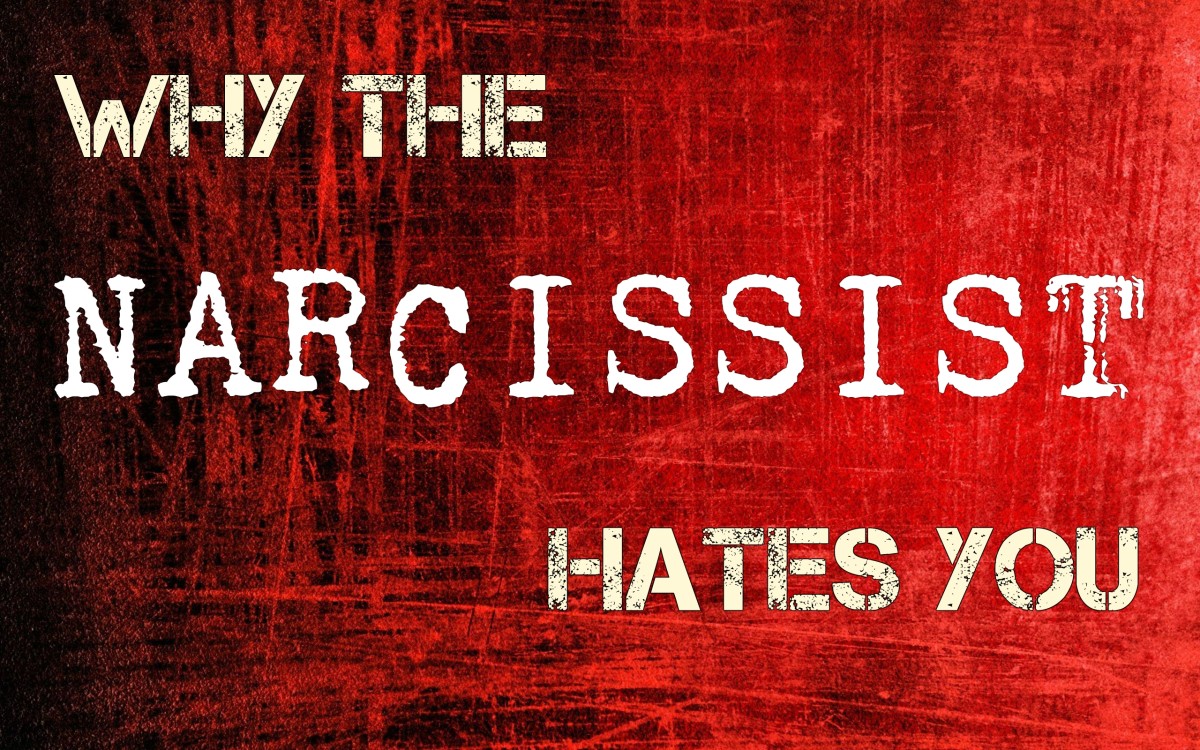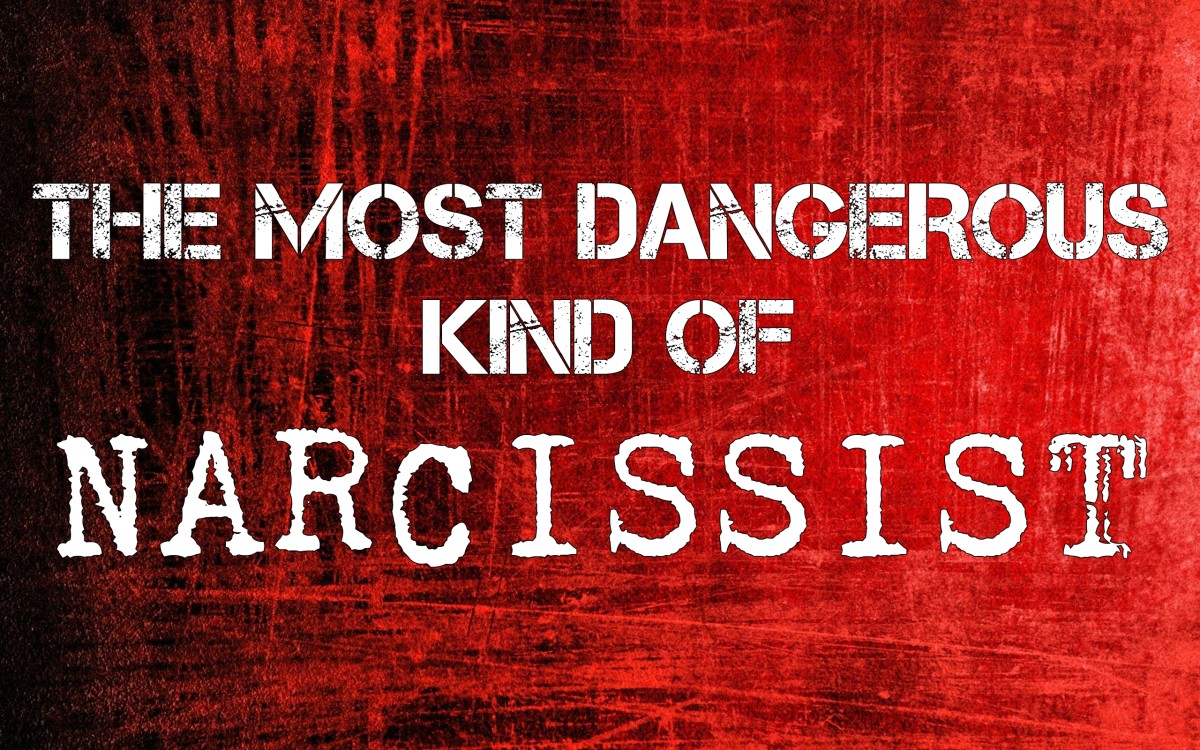Echolalia: is involuntary mimicry of accents in children a sign of autism?
Firstly ... what is echolalia?
Whilst everyone knows what mimicry is, echolalia is not so well known. It is defined as the repetition of someone else's words, phrases or sentences, even to the point of using the same accent and voice as them and can either occur immediately or sometimes hours later. When such a thing is done as simple mimicry it is merely disrespectful. When it is the involuntary mimicry of echolalia however, it is, sadly, usually indicative of some sort of behavioural disorder which can range from Asperger's Syndrome and other conditions on the autistic spectrum, to Tourette's and even on to schizophrenia.



So how do you tell the difference?
Good question. But echolalia is not likely to be the only symptom presenting in the case of any of these disorders so it would become clear that it is not simply mimicry. Echolalia becomes apparent as a child develops and starts to speak. Often such children will talk incessantly and not actually say anything original but simply repeat everything the parent says. Naturally this can be intensely frustrating and even annoying for the parent of the child with this disorder. But there is another way of looking at this.
Could echolalia actually be beneficial to autistic children?
All children repeat words and phrases out loud as they try on words for size when learning to communicate. Speaking out loud is simply a normal stage of development before they go on to the usual internal dialogue of the grown up. An autistic child with echolalia however does not move on to that internal talk stage but remains repeating aloud the words of others.
Even so there should be some reassurance in the knowledge that at least the child has the ability to talk as in some forms of autism they can remain mostly mute all their lives. Once the ability for speech has been established then it may at least be possible to engage with them and try to encourage them on to the next stage of talking.
Trying to find the positive in echolalia.
The possibility of echolalia being a comfort to the autistic child could be seen as another positive aspect. It is well-known that the known and familiar is always necessary to autistic children who can become easily distressed when anything out of the ordinary happens. It is entirely possible that the repetition of well-known words and phrases may help them relieve their anxieties and stresses at such times and that echolalia may be more of a comfort to them than a distressing symptom. Echolalia in this case becomes a sort of verbal talisman, a verbal comfort blanket, a potent mantra to combat stress.
In fact the only people who really suffer from this condition are the parent's and carer's of autistic children and they usually know the importance of developing their own coping strategies for living with this frustrating disorder. Theirs is not an easy life and any small breakthrough can take on immense importance. Seeing echolalia in a slightly more positive light may help a little.







